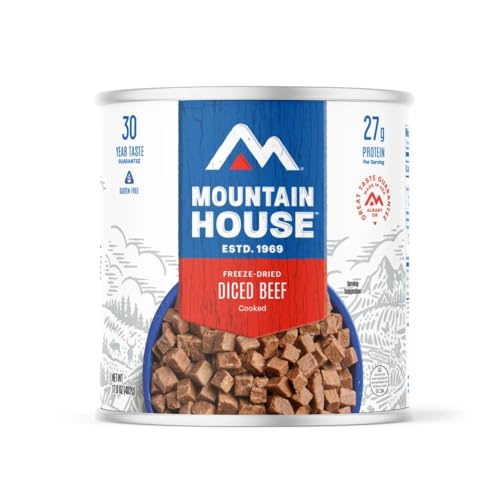urbankid12
Well-known member
- Joined
- Jul 31, 2018
- Messages
- 120
- Reaction score
- 55
So I been cooking with butane in my minivan for about a month or two and I’m liking it. Was thinking about switching over to propane the little green bottles but is propane safer?
As far as I know as long as the bottles don’t get hot over 100 degrees they are ok. And no direct sun light and protect the stem.
I usually lock and unlock the bottle on the cooktop between uses but I’m just starting to have anxiety that I’m doing it wrong. I keep extra water around and door is open when cooking and I never cook that long and no overlap on the pan.
My minivan does throw the loose gas cap code so I need to change that before it gets to be spring but if anyone has any resources to cooking on butane safely that be appreciated.
As far as I know as long as the bottles don’t get hot over 100 degrees they are ok. And no direct sun light and protect the stem.
I usually lock and unlock the bottle on the cooktop between uses but I’m just starting to have anxiety that I’m doing it wrong. I keep extra water around and door is open when cooking and I never cook that long and no overlap on the pan.
My minivan does throw the loose gas cap code so I need to change that before it gets to be spring but if anyone has any resources to cooking on butane safely that be appreciated.










































































